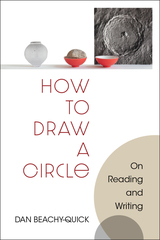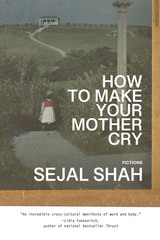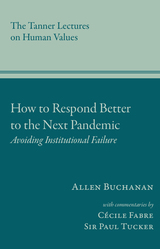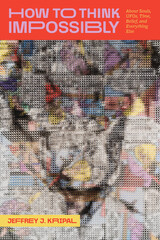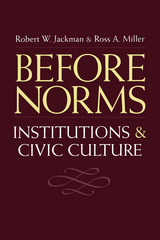
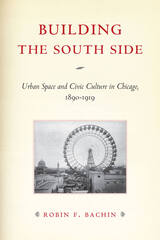
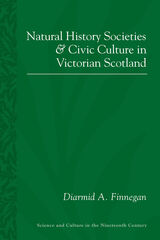
The relationship between science and civil society is essential to our understanding of cultural change during the Victorian era. Science was frequently packaged as an appropriate form of civic culture, inculcating virtues necessary for civic progress. In turn, civic culture was presented as an appropriate context for enabling and supporting scientific progress. Finnegan's study looks at the shifting nature of this process during the nineteenth century, using Scotland as the focus for his argument. Considerations of class, religion and gender are explored, illuminating changing social identities as public interest in science was allowed—even encouraged—beyond the environs of universities and elite metropolitan societies.
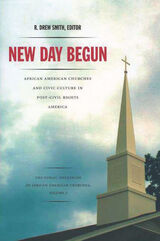
This collection of essays analyzes the results of an unprecedented survey of nearly 2,000 African American churches across the country conducted by The Public Influences of African-American Churches Project, which is based at Morehouse College in Atlanta. These essays—by political scientists, theologians, ethicists, and others—draw on the survey findings to analyze the social, historical, and institutional contexts of black church activism and to consider the theological and moral imperatives that have shaped black church approaches to civic life—including black civil religion and womanist and afrocentric critiques. They also look at a host of faith-based initiatives addressing economic development and the provision of social services. New Day Begun presents necessary new interpretations of how black churches have changed—and been changed by—contemporary American political culture.
Contributors. Lewis Baldwin, Allison Calhoun-Brown, David D. Daniels III, Walter Earl Fluker, C.R.D. Halisi, David Howard-Pitney, Michael Leo Owens, Samuel Roberts, David Ryden, Corwin Smidt, R. Drew Smith
READERS
Browse our collection.
PUBLISHERS
See BiblioVault's publisher services.
STUDENT SERVICES
Files for college accessibility offices.
UChicago Accessibility Resources
home | accessibility | search | about | contact us
BiblioVault ® 2001 - 2024
The University of Chicago Press


